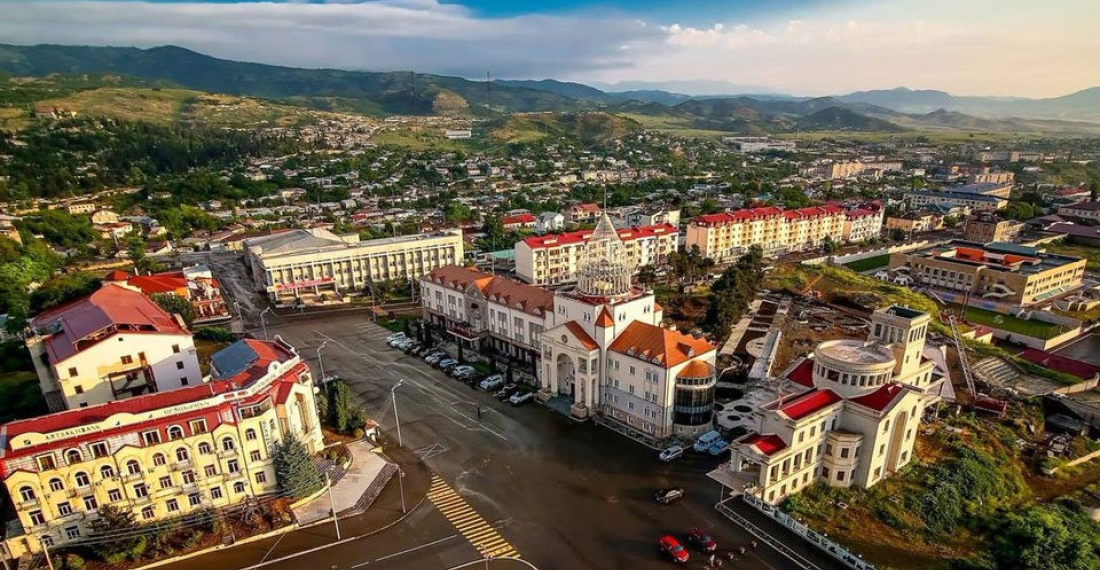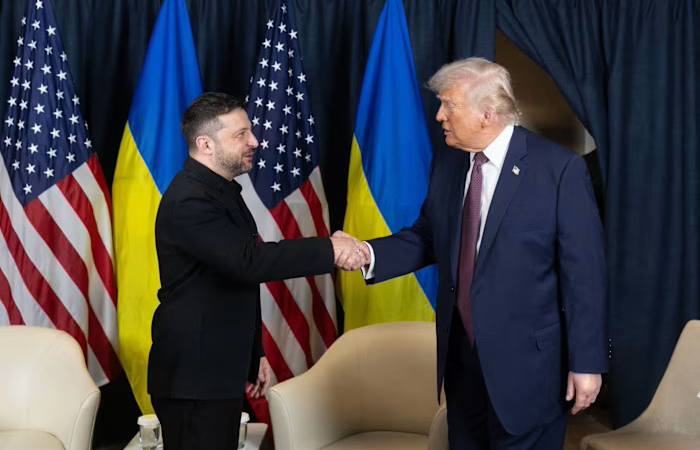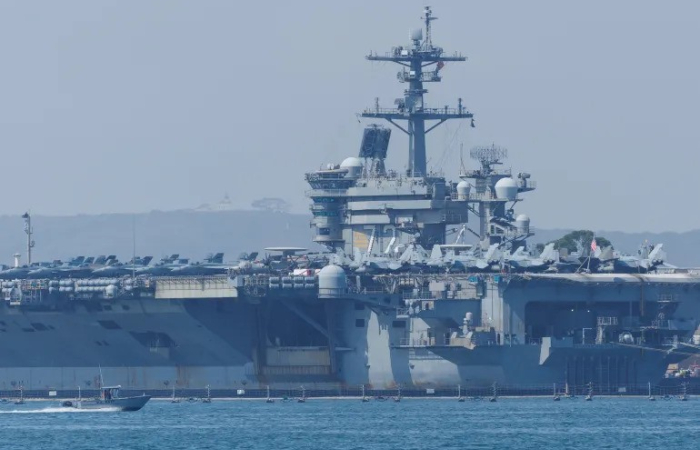"If everything remains as it is, the Armenia-Azerbaijan peace treaty will not significantly impact the situation in Nagorno Karabakh," writes Benyamin Poghosyan in this op-ed for commonspace.eu. "Perhaps the only option to avoid this grim scenario is to use the short window of opportunity opened by the Armenian government's readiness to make painful concessions and convince Azerbaijan to accept the necessity of a transitional period with a solid and robust international presence in Nagorno Karabakh. Without this, the peace agreement between Armenia and Azerbaijan will bring neither peace nor stability to the region," he adds.
The recent intensive negotiations between Armenia and Azerbaijan have raised hopes among politicians, experts, and ordinary people that a peace agreement between the two countries is within reach. Four-day talks in Washington at the level of ministers of foreign affairs, a meeting of leaders in Brussels on 14 May and in Moscow on 25 May, the negotiations at the margins of the second summit of the European political community in Chisinau on 1 June, another session of Armenia-Azerbaijan-Russia trilateral commission on communications led by Deputy Prime Ministers in Moscow on 2 June, the upcoming meeting of foreign ministers in Washington on 12 June, and leaders summit in Brussels scheduled for 21 July.
Armenia-Azerbaijan negotiations never saw such a flurry of meetings, summits, and discussions at this frequency. The process is accompanied by a low-key American shuttle diplomacy, with State Department officials arriving regularly on visits to Yerevan and Baku. The draft text of the peace agreement is not published, but it is confirmed that the sides are working on the concrete text of the document, and the sides have agreed on at least part of it. It is challenging to assess if Nagorno Karabakh is mentioned in the document or if it declares the obligation of sides to protect the rights of ethnic minorities according to relevant international agreements and conventions.
However, regardless of the presence or absence of Nagorno Karabakh in the peace agreement, the core reason for the conflict was, and continues to remain, Nagorno Karabakh and its future. Thus, the signature of a peace agreement between Armenia and Azerbaijan does not automatically mean establishing lasting peace and stability in the region. Armenians still live in the territories of Nagorno Karabakh, not controlled by Azerbaijan, and the self-proclaimed Nagorno Karabakh Republic continues to function, despite the devastating results of the 2020 war. Now Azerbaijan controls the entrance to the Lachin corridor connecting Nagorno Karabakh to Armenia, which puts additional pressure on Armenians, as they strive to survive without electricity and gas supplies from Armenia and significantly reduced volumes of goods passing the Lachin corridor. Nevertheless, they are still there, the Nagorno Karabakh Defense Army is there, and Russian peacekeepers will remain in Nagorno Karabakh at least until November 2025.
"We need time and action, as time without action will lead to nowhere"
Nagorno Karabakh Armenians reject any possibility of living under Azerbaijani jurisdiction. Given the 35 years history of conflict with three major wars and multiple stories of pressure against Armenians in Soviet Azerbaijan well before 1988, their position is quite understandable. The history of other conflicts in different parts of the world tells us that a long transition period is needed to overcome the implications of ethnopolitical conflicts. However, time is not the only criterion here. We need time and action, as time without action will lead to nowhere. Armenia argues for an international presence in Nagorno Karabakh to secure this transition.
At the same time, Azerbaijan categorically rejects this option, arguing that any international presence may become the first stage of the transformation of Nagorno Karabakh into Kosovo. Instead, Azerbaijani authorities demand the dissolution of all state institutions in Nagorno Karabakh, promising to explore the possibility of amnesty, as was offered by President Aliyev in his 28 May speech. Simultaneously, Azerbaijan threatens to use force against the Nagorno Karabakh defense army, wrapping it with the terms of "anti-terrorist operation" or "actions against illegal military units."
If everything remains as it is, the Armenia-Azerbaijan peace treaty will not significantly impact the situation in Nagorno Karabakh. Armenians will continue to reject Azerbaijani jurisdiction; Azerbaijan may use the peace agreement as a justification for more vigorous demands for the dissolution of the self–proclaimed Nagorno Karabakh Republic state institutions, while Armenia will continue to demand the international presence in Nagorno Karabakh, accusing Azerbaijan of preparing a genocide against Armenians of Nagorno Karabakh, as was publicly done by Armenian Prime Minister many times. As Azerbaijan categorically rejects the option of another frozen conflict emerging in Azerbaijan, with Nagorno Karabakh preserving its “de jure Azerbaijan, de facto independent” status, the peace agreement between Armenia and Azerbaijan may accelerate the conflict instead of bringing peace.
Armenia may have to make painful concessions and convince Azerbaijan to accept the necessity of a transitional period
Some circles may hope that at the end of the day, most Armenians of Nagorno Karabakh will not be able to continue their resistance under the mounting humanitarian crisis and looming military actions of Azerbaijan and will decide to leave their homeland. According to this logic, this solution will get rid of a headache, as tensions between Armenia and Azerbaijan will decrease, the region will become more stabilized, while the remaining few thousand Armenians in Nagorno Karabakh will serve as proof that no "ethnic cleansing or other crimes against humanity took place in Nagorno Karabakh."
However, the history of Nagorno Karabakh tells us another history; most Armenians did not leave their homeland in much worse circumstances, including the initial phase of the conflict in late 1991-early 1992. Thus, they will continue resistance, and in the absence of any agreed solution, sooner or later, this will bring us to a new military escalation, which will make the peace agreement a useless piece of paper, plunging the region into another long period of instability and animosity. Supposing Azerbaijan is able to take Nagorno Karabakh by force, in that case, this will be perceived in Armenia as another humiliation, flame the feelings of revenge, and perpetuate the cycle of violence and wars.
Perhaps the only option to avoid this grim scenario is to use the short window of opportunity opened by the Armenian government's readiness to make painful concessions and convince Azerbaijan to accept the necessity of a transitional period with a solid and robust international presence in Nagorno Karabakh. Without this, the peace agreement between Armenia and Azerbaijan will bring neither peace nor stability to the region.







